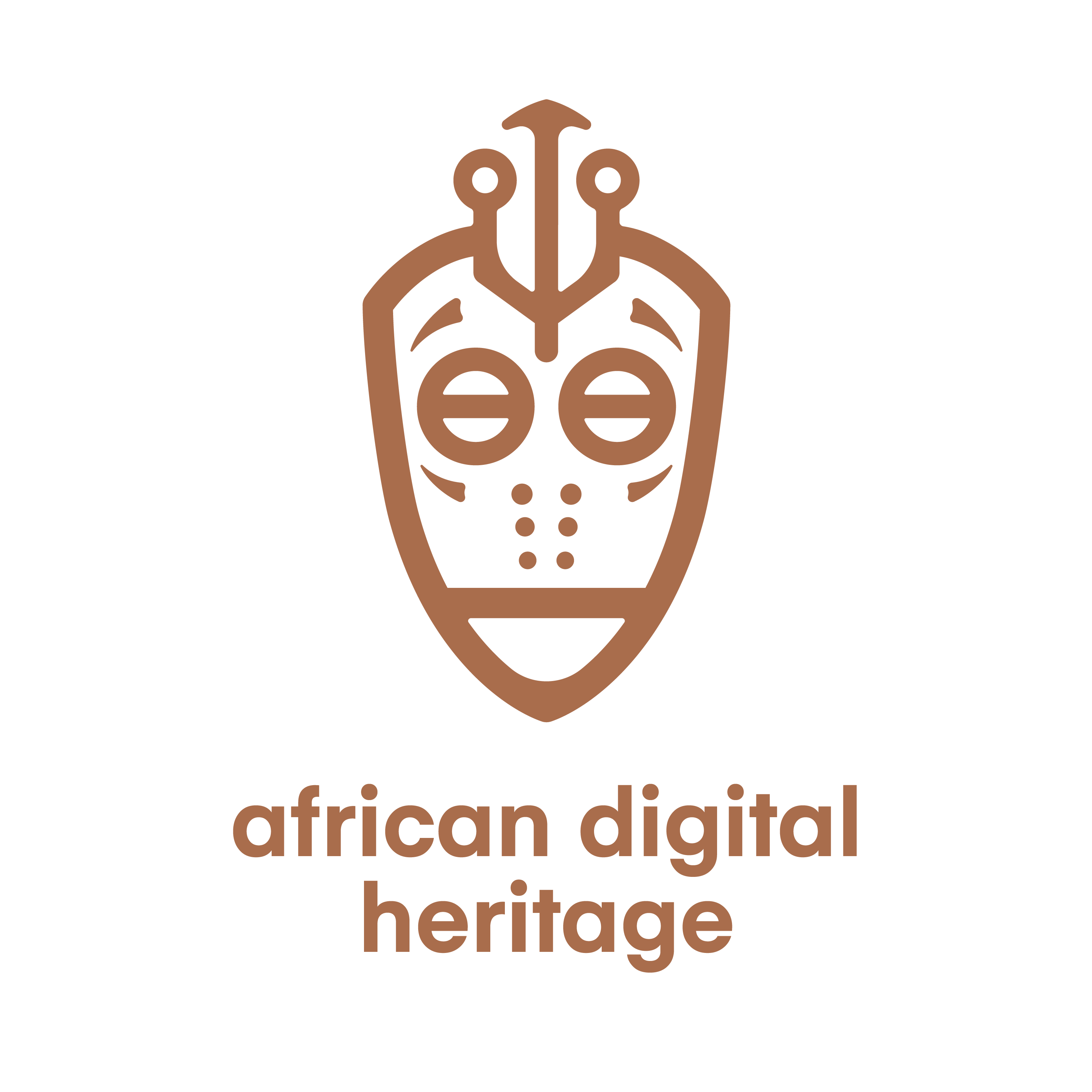What does it mean to future-proof culture in the digital age?
And
How can technology serve, rather than erase, local narratives?
The Histories We Tell was a public history gathering that explored digitisation, cultural preservation, and community archiving through screenings, conversations, and lived experiences. This full-day event spotlighted the powerful ways communities are preserving heritage, telling their stories, and leveraging technology to protect memory.
Session 1: A Living Archive: Archiving Together
Thinking within the framework of developing anti-disciplinary archival ethics rooted in community care, this panel focused on how people-centered approaches to archiving provide pathways for us to explore what an archive could be when defined by the holders of the memories that reside within it.
Here, share more about our dream of historative approaches to history-ing. We interrogate how digitisation presents opportunities for source communities and communities of practice to reclaim the agency to tell their own stories often stolen and silenced within the Western Archive.
In this panel Mũthoni Mwangi (ADH) spoke to Njuki Githethwa of Mashujaa Heritage – the custodians of the Mwakenya archival collection, Brian Muraya of Calotropis Radio which is a community of artists playing within (and to stretch) the radiophonic while documenting the process through the digital medium of online radio, and Myriam Dalal, PhD, a cultural practitioner, writer, and researcher from the University of Luxembourg.
Session 2: Usanii ni Ufundi _ Community Storytelling and the Art of History-ing
How do we build the tools and skills needed to support communities in telling their own stories, on their own terms? This question sits at the heart of Usanii ni Ufundi, a film that celebrates the beauty, resilience, and artistry found in community-rooted storytelling.
Held after the film’s premiere, this panel brought together cultural practitioners and storytellers committed to anchoring history in local agency and collaboration. Moderated by Mutanu Kyany’a of African Digital Heritage, the conversation featured Julius Mutuku of the Akamba Culture Centre and Museum (ACCM), Stan Kiraga of the Malindi District Cultural Association (MADCA), and Furuha Ruguru, a freelance writer and music journalist.
Together, they explored what it means to share stories with rather than for communities. They reflected on the skills and tools that have shaped their work in cultural spaces and offered their visions for a decolonial cultural infrastructure in Kenya—one grounded in care, memory, and context.
Session 3: Of Memories and Reels:
Rethinking Kenya’s Audio-Visual Archives
Of Memories and Reels: A Study on the State of Kenya’s Audio Visual Archives forms the departure point of this conversation. The report showcased the current status of (analog) audio-visual collections and their management in Kenya’s archives by highlighting the sector’s major issues, trends, and dynamics. Inviting both international and local perspectives, the discussion seeks to unpack what access and building a supportive infrastructure looks like whilst working with audio-visual collections. Inviting storytelling as a methodology of understanding, articulating, and circumnavigating the challenges of archiving, the conversation also seeks to map out how a healthier and more sustainable audio-visual archival sector can be realized.
The panel will be moderated by the study’s lead researcher, ADH’s Mutanu Kyany’a, alongside guest speakers Prof. Andreas Fickers, Ngartia Bryan – StoryZetu.




